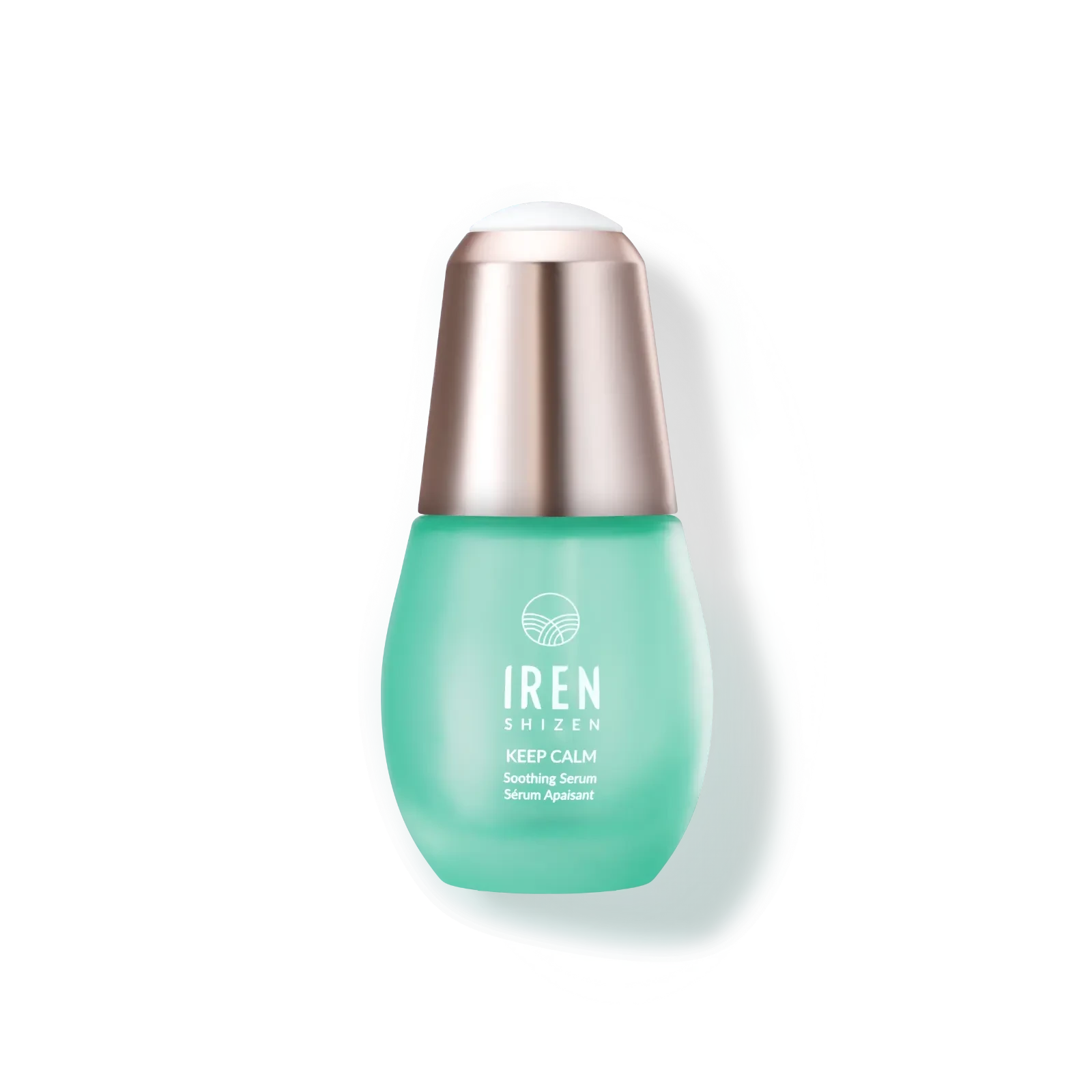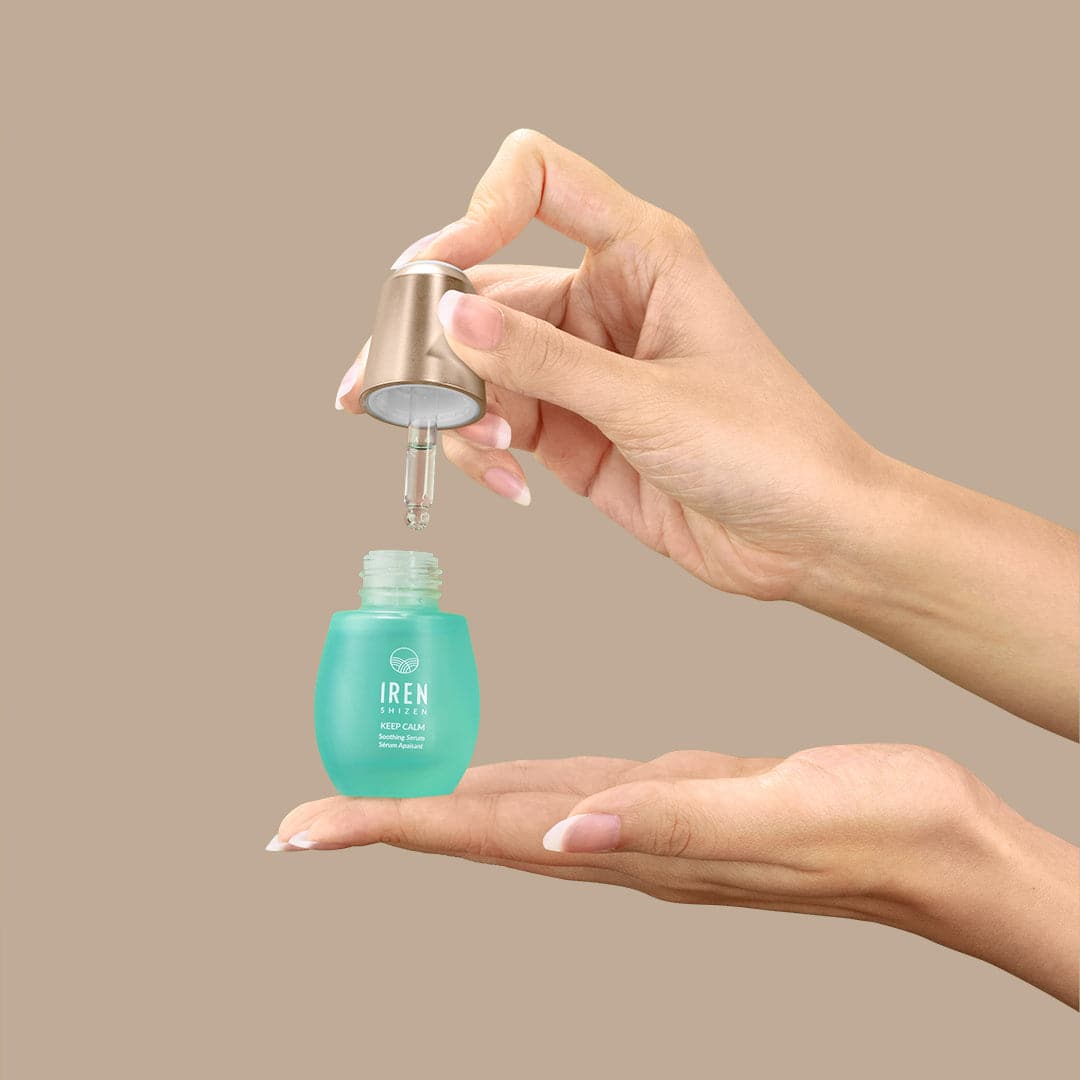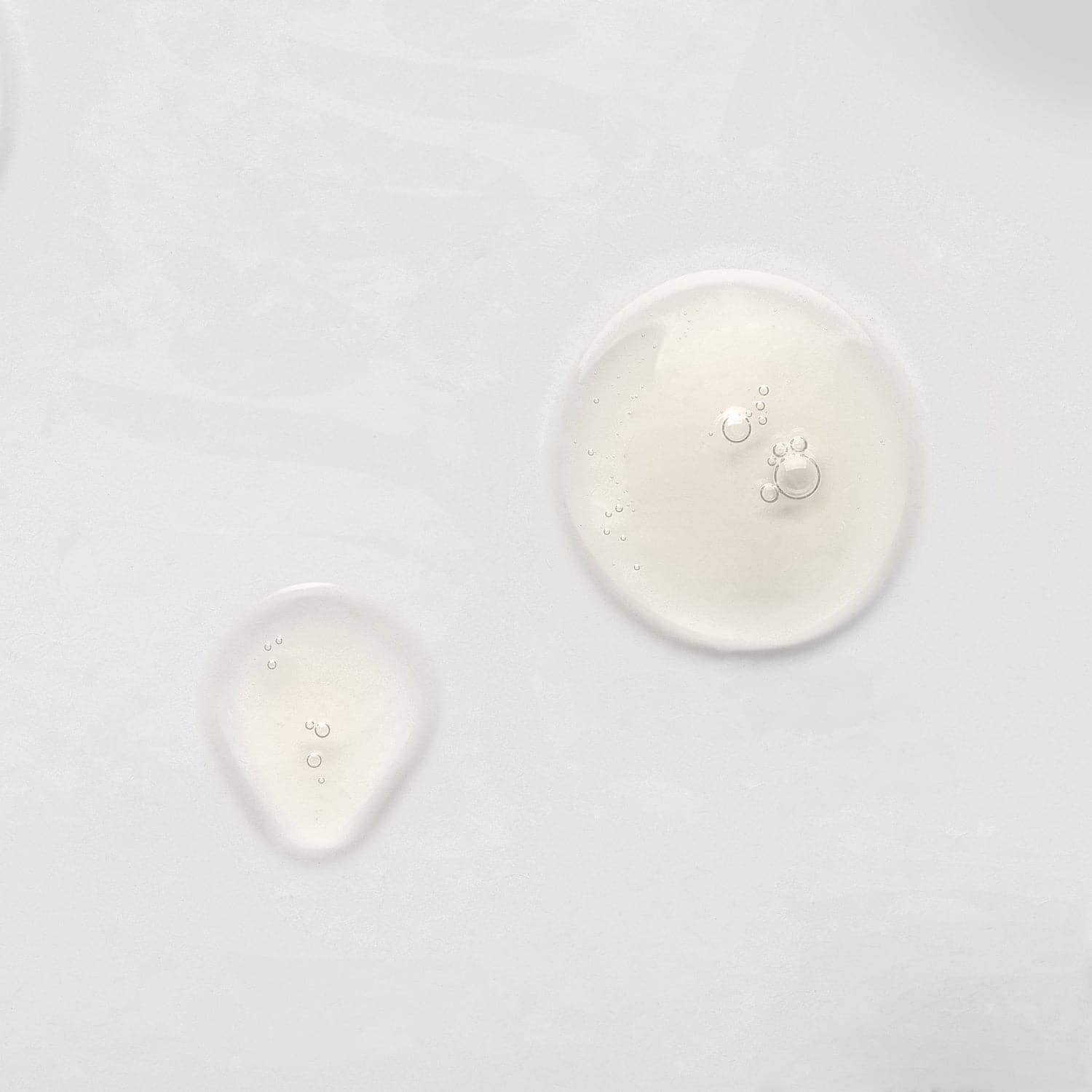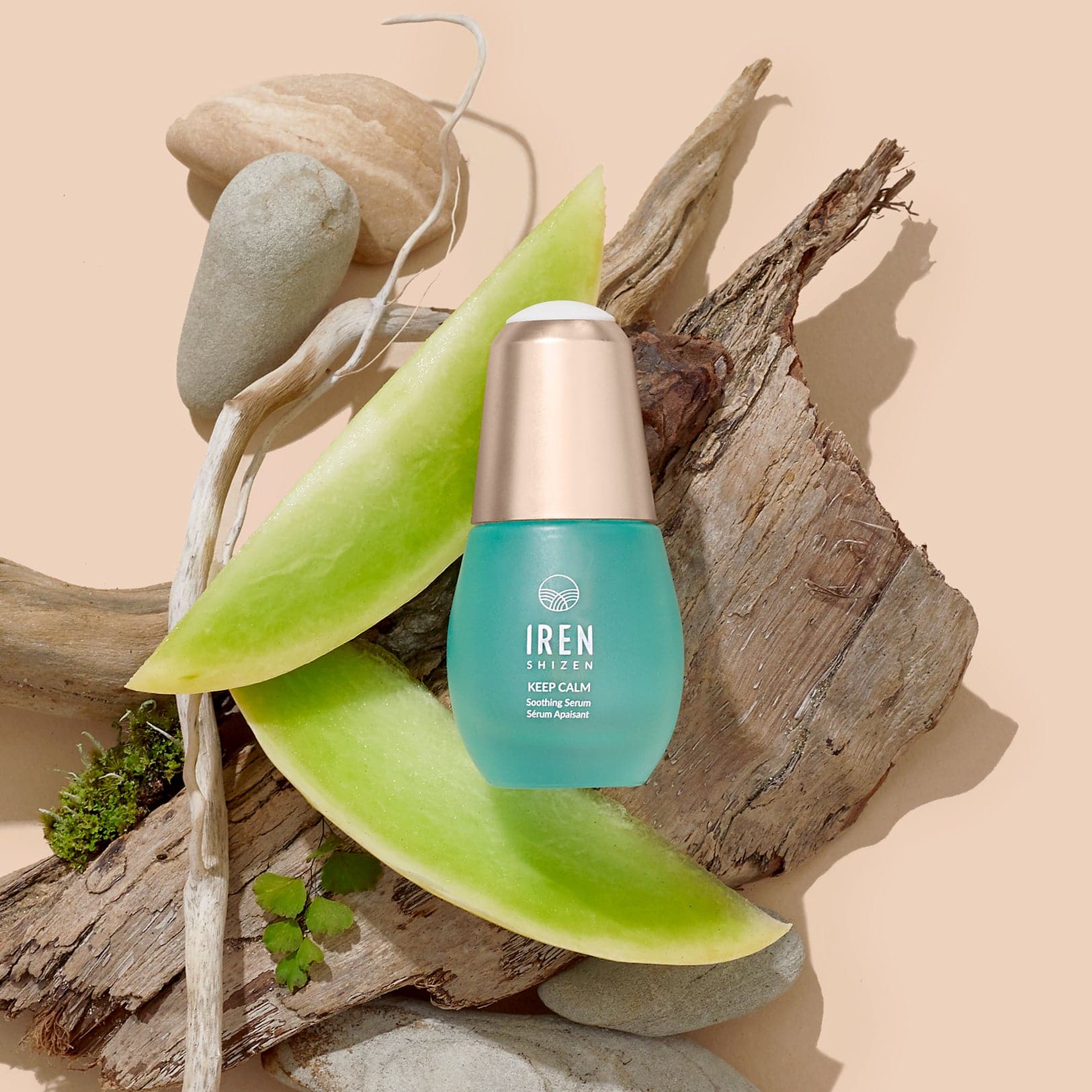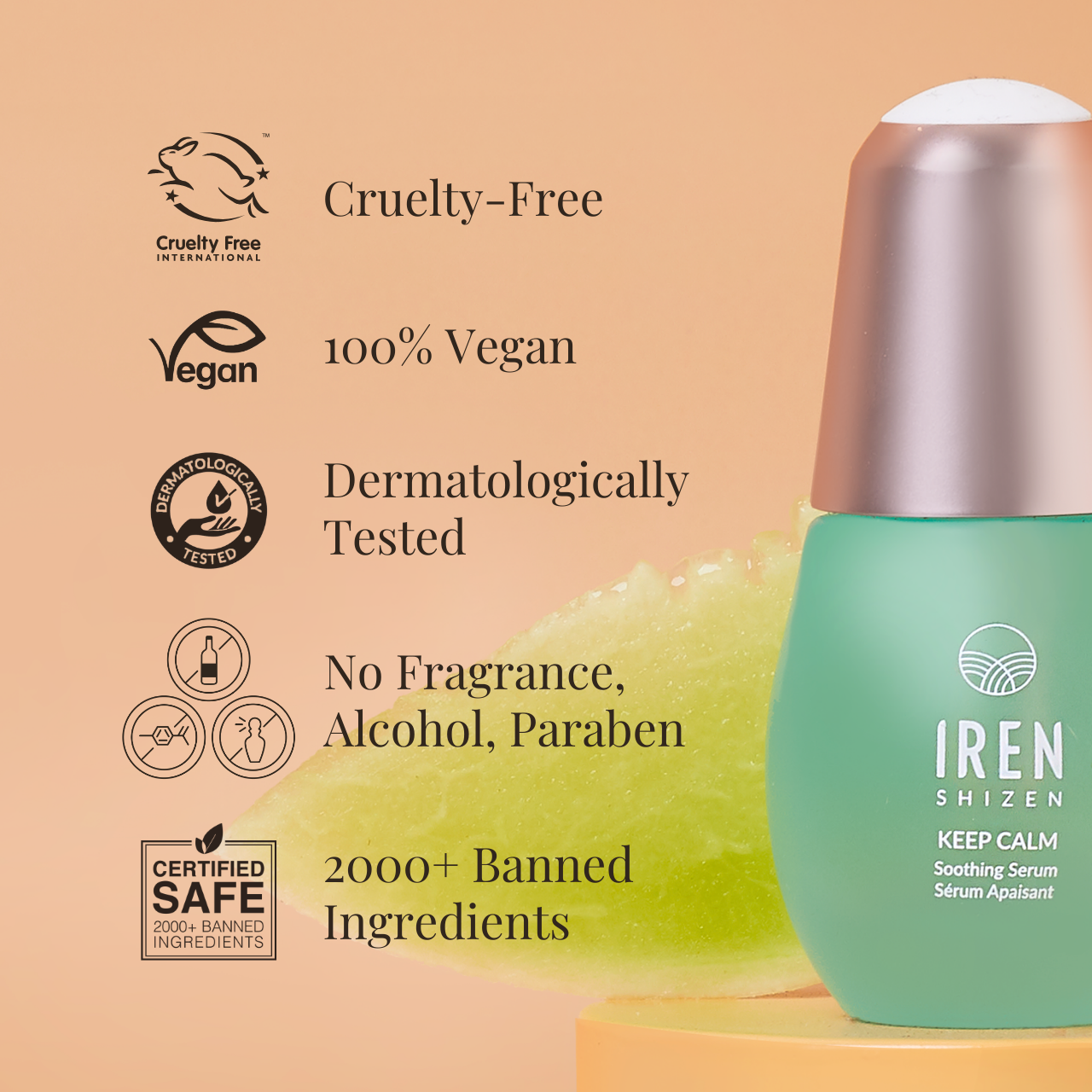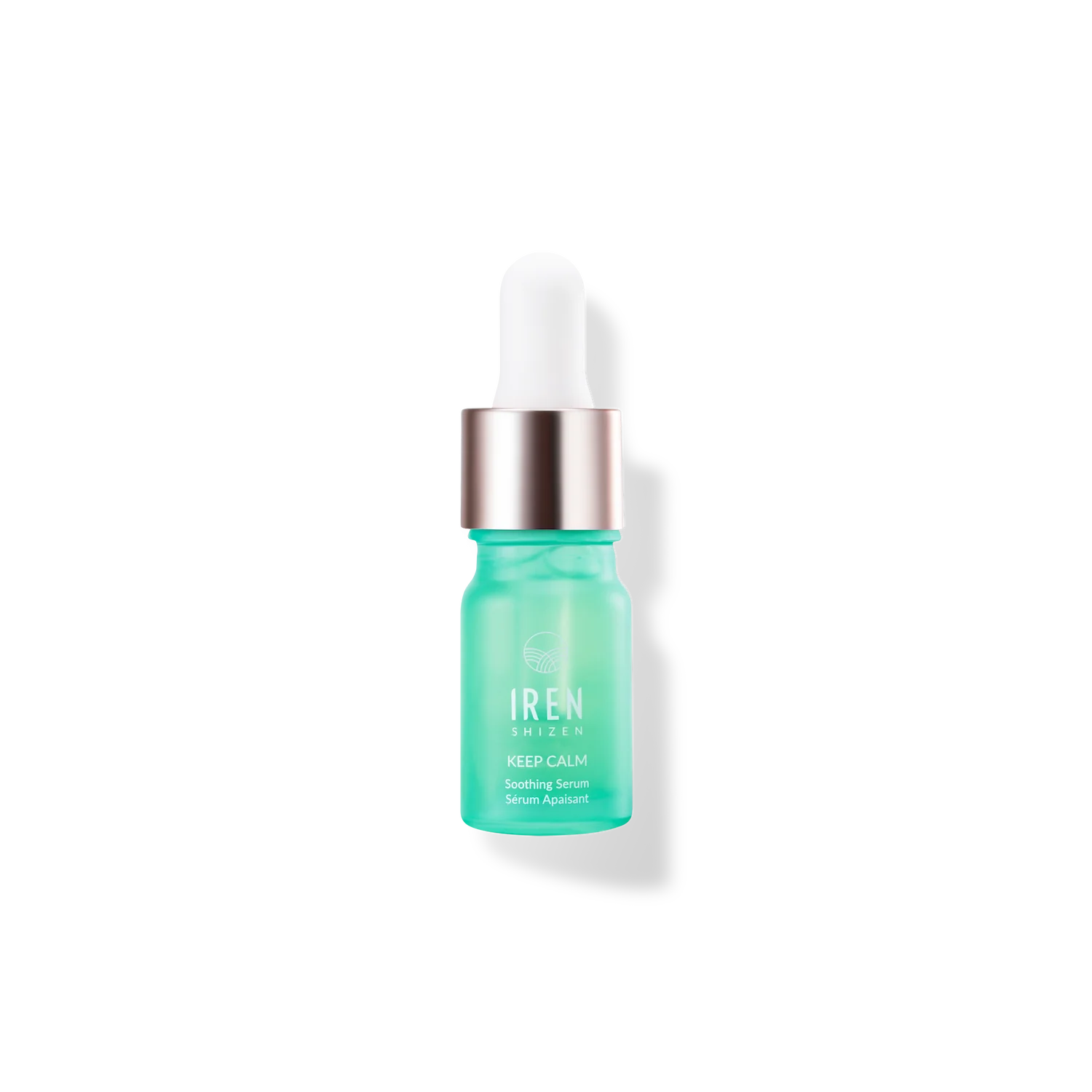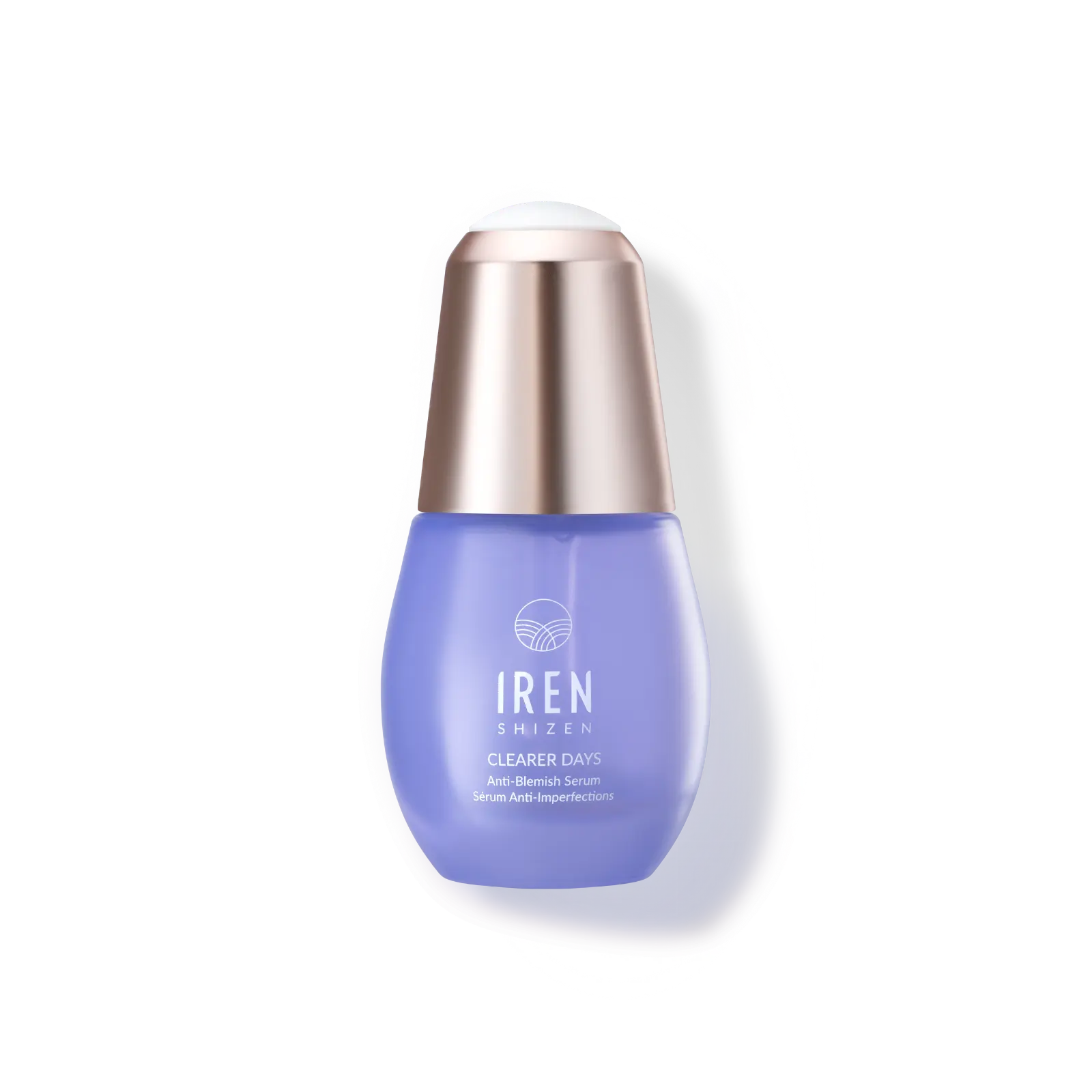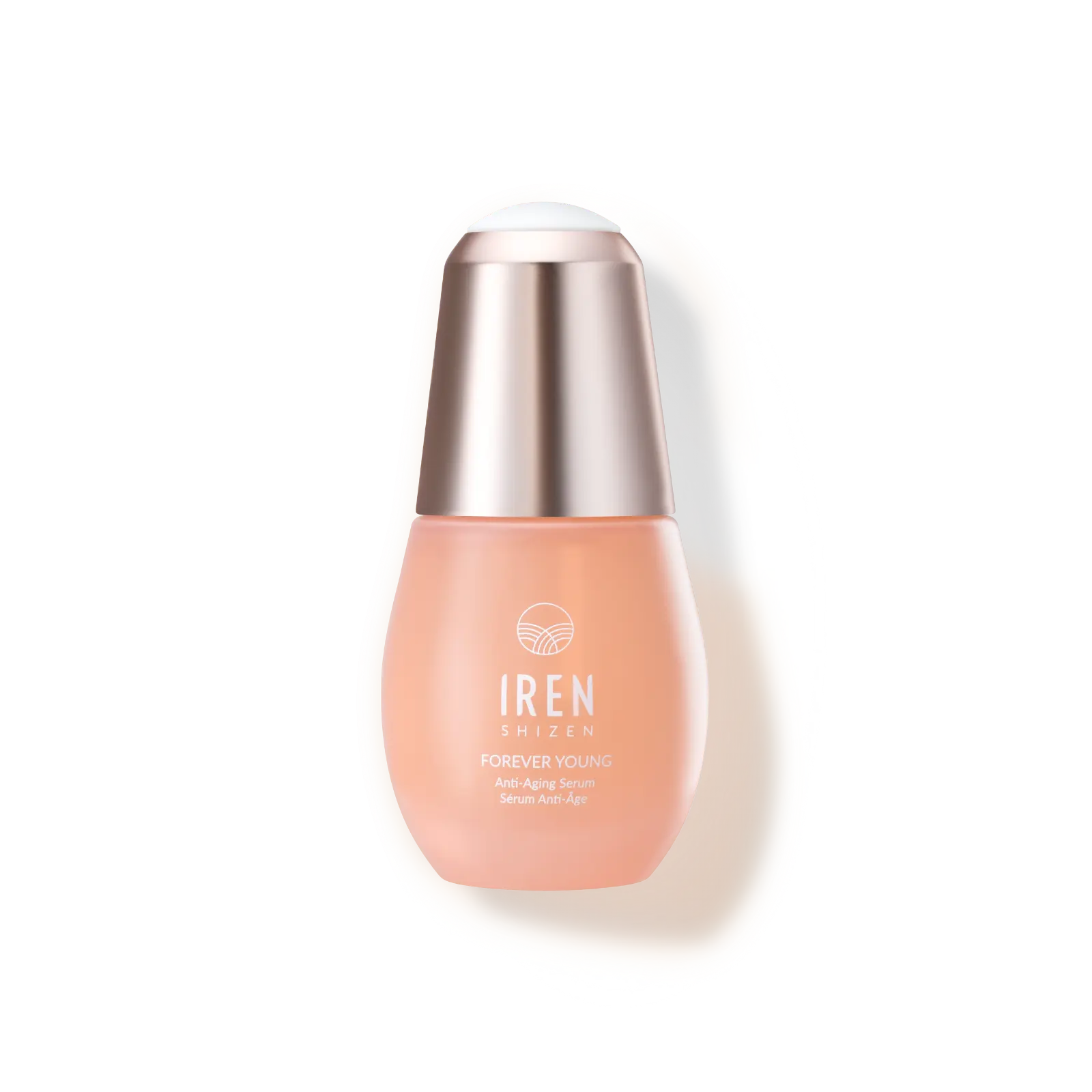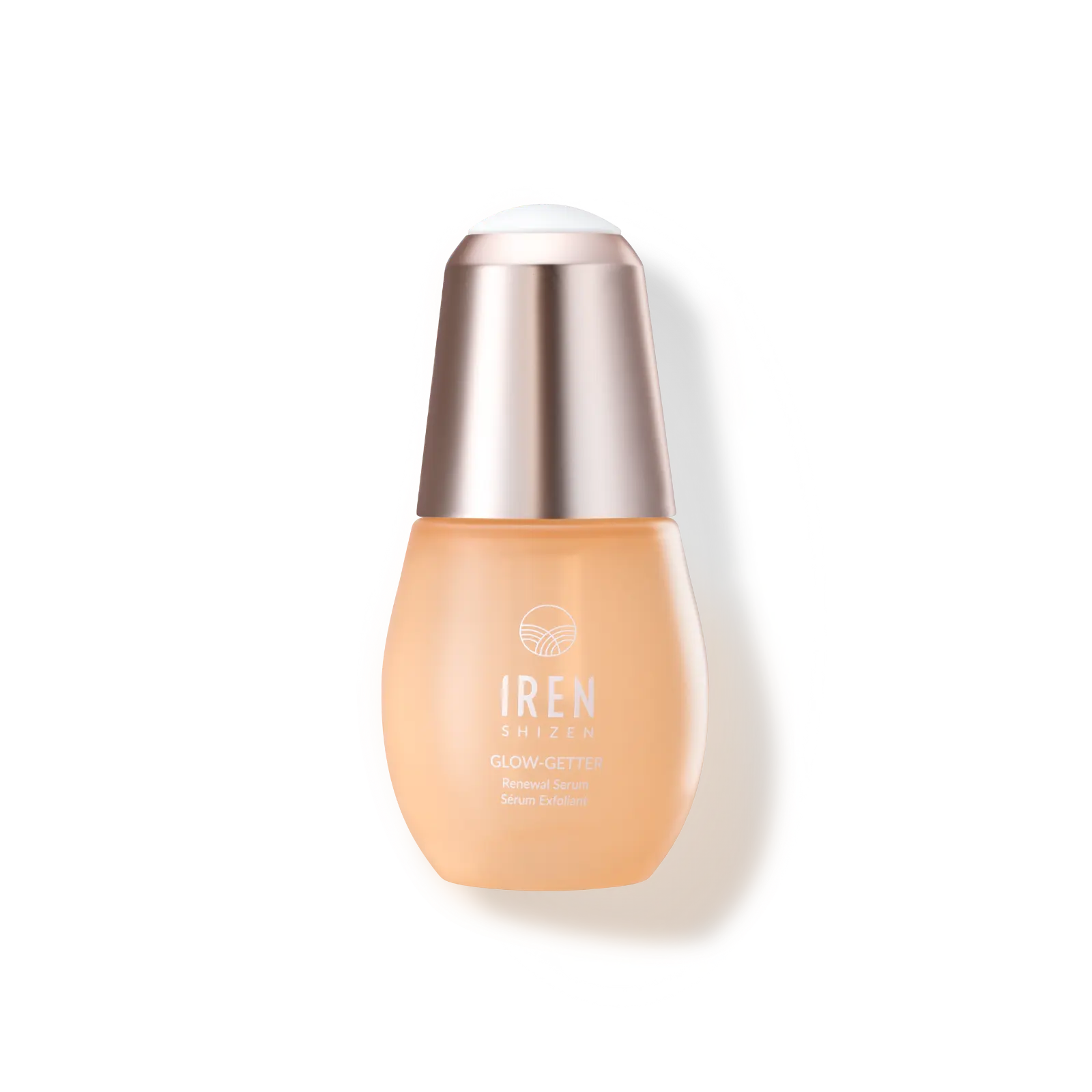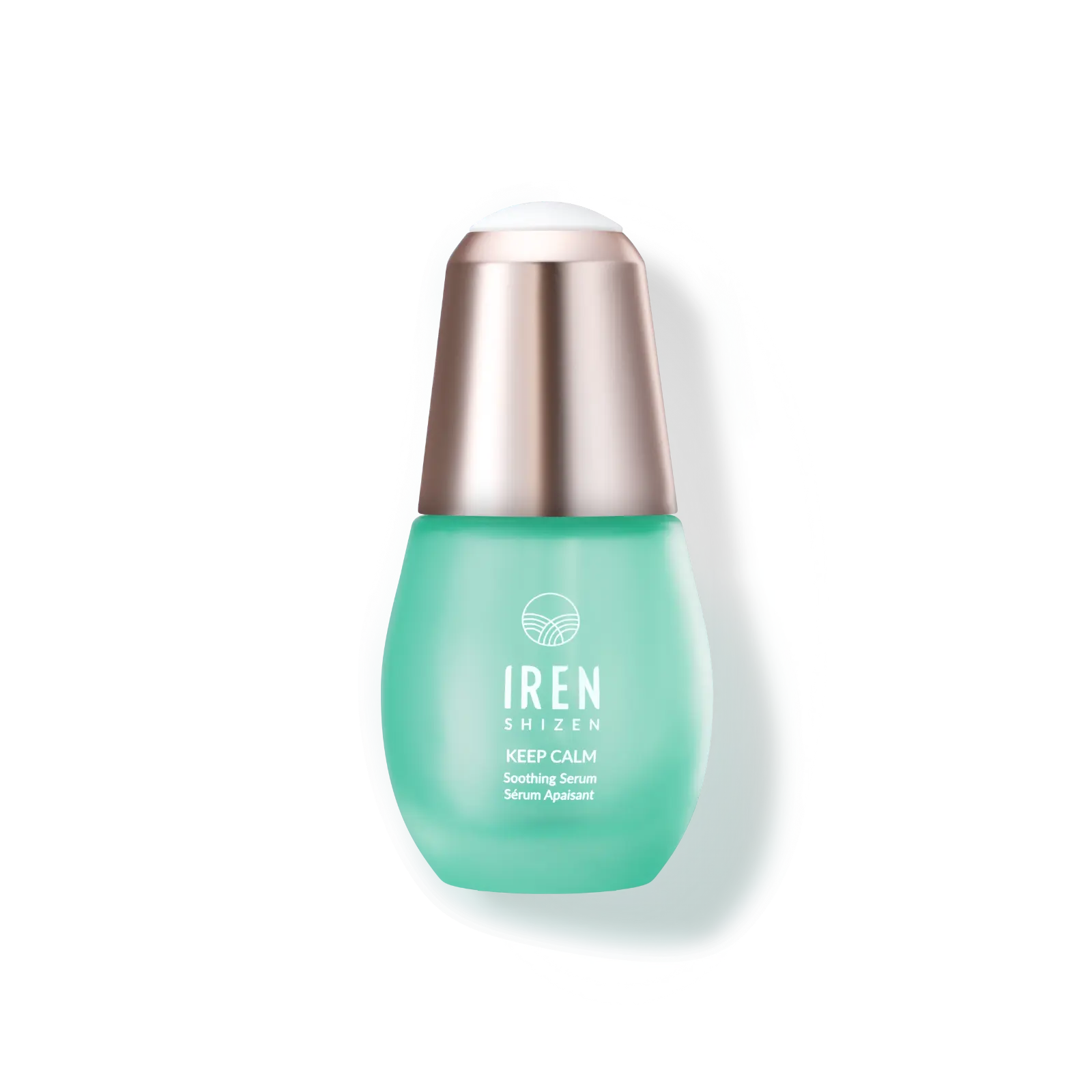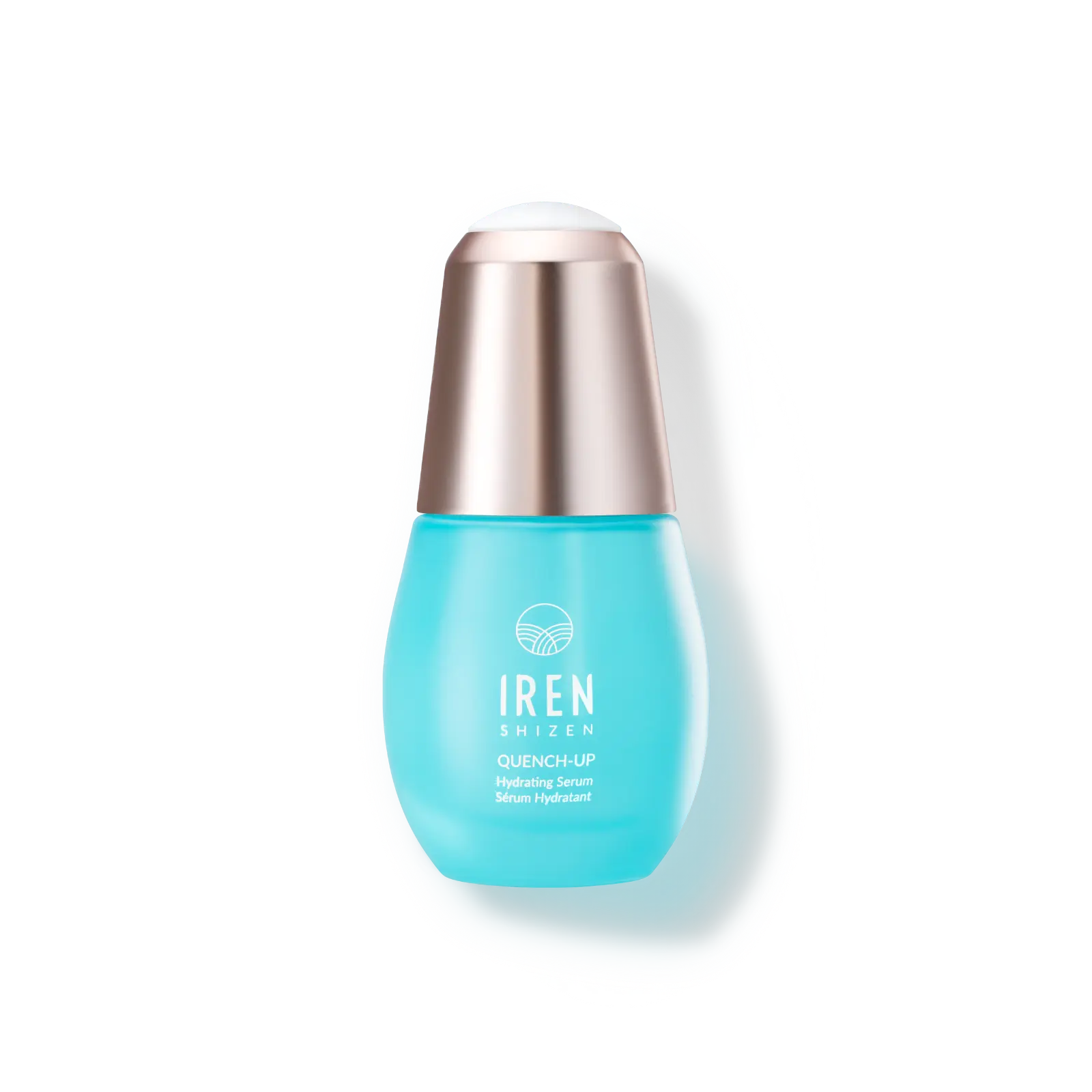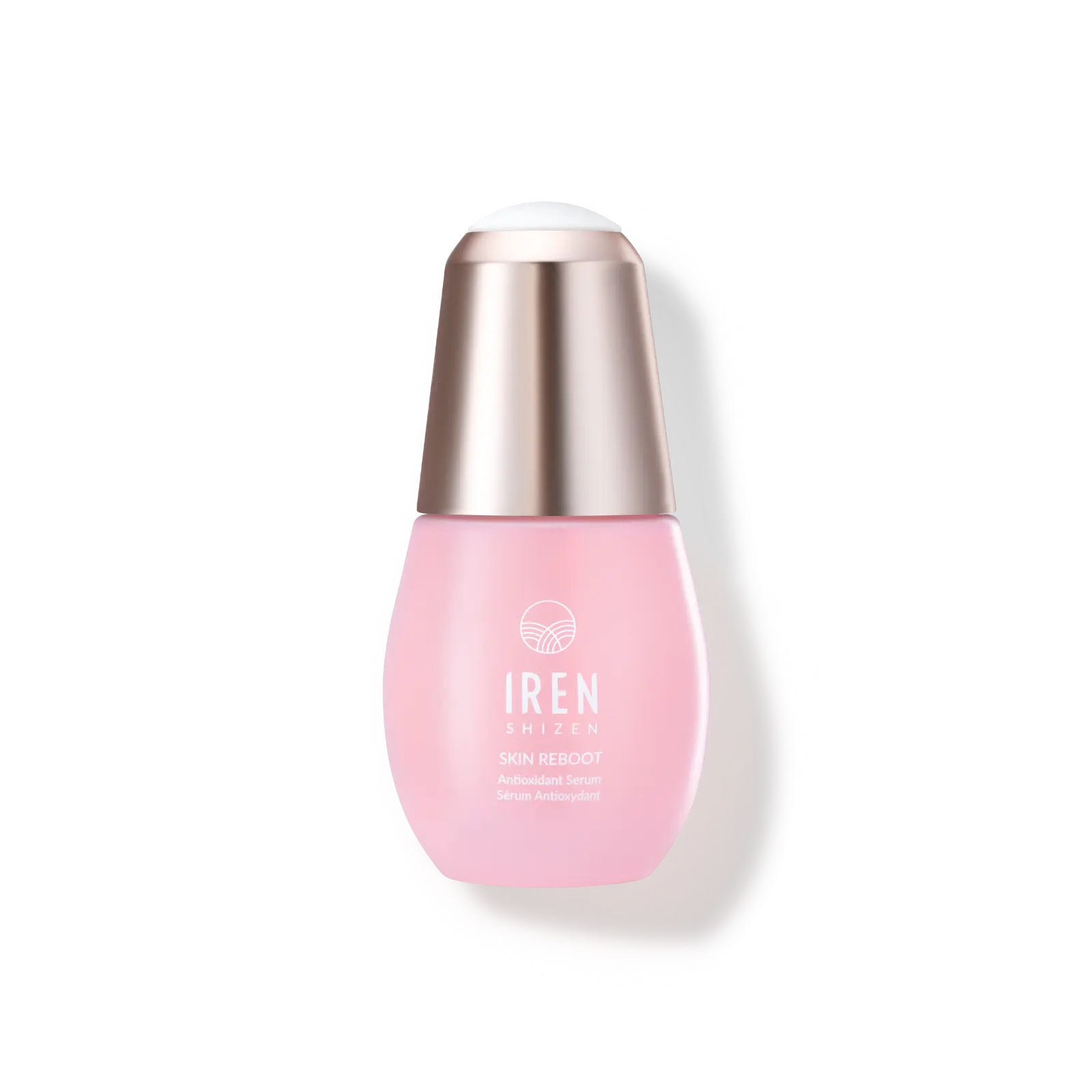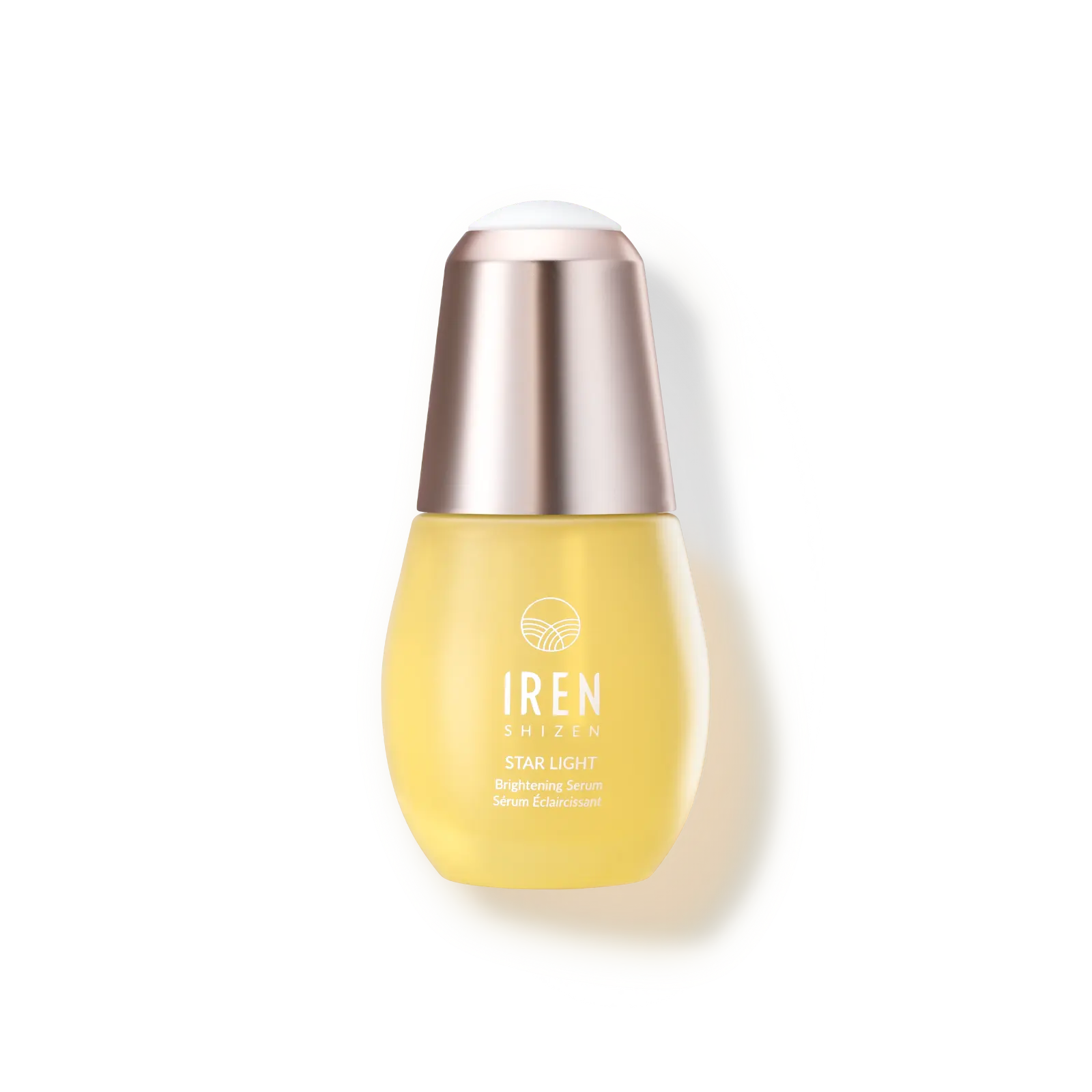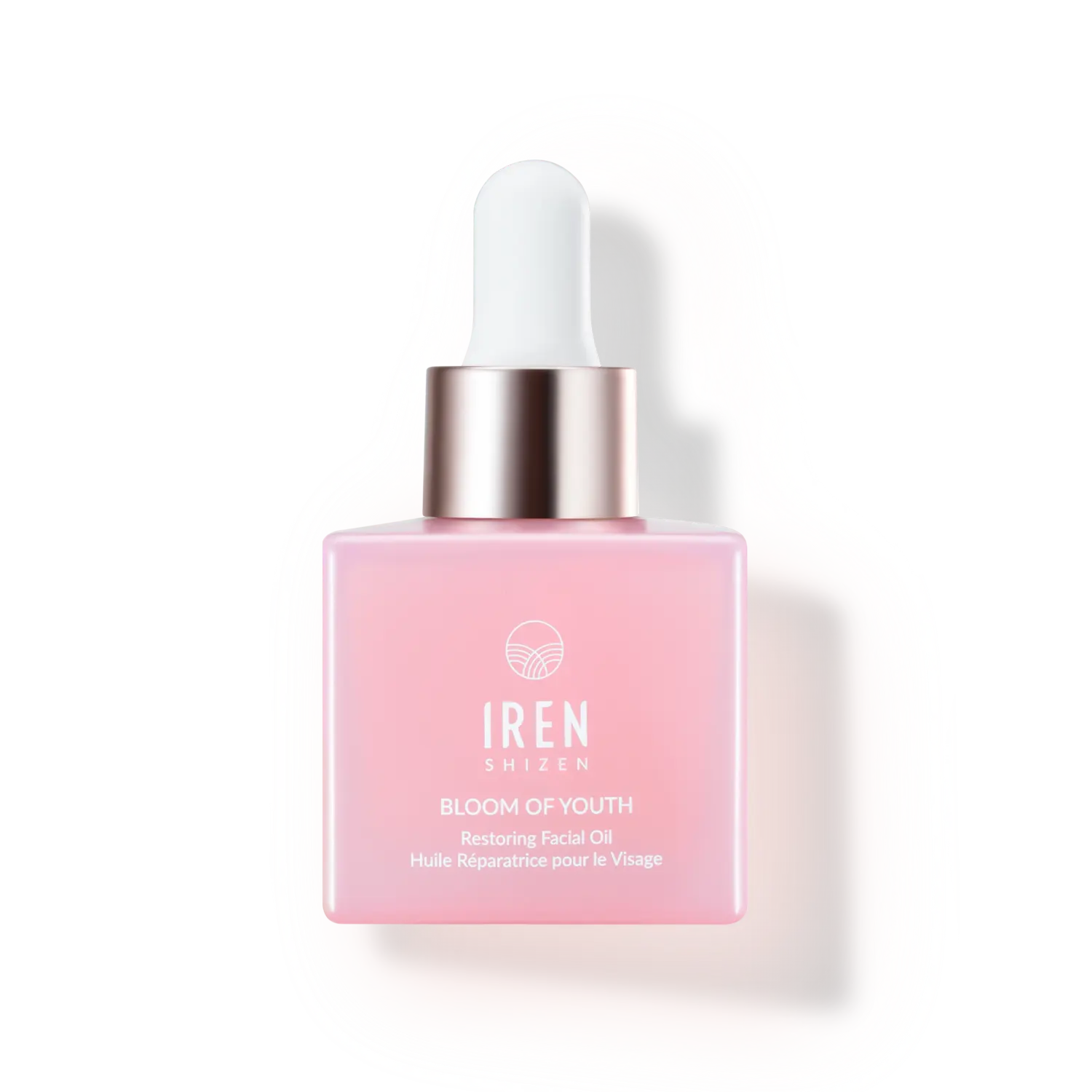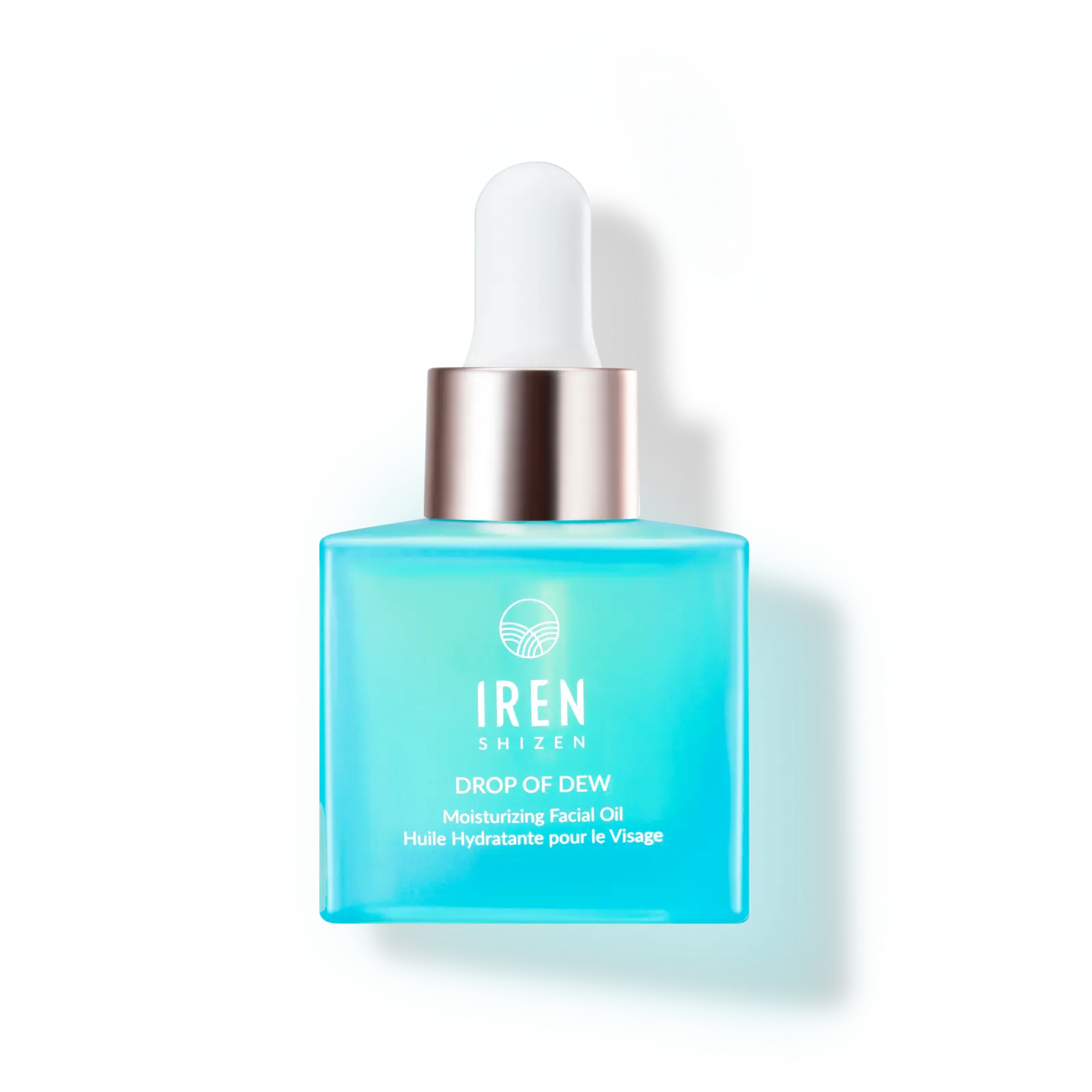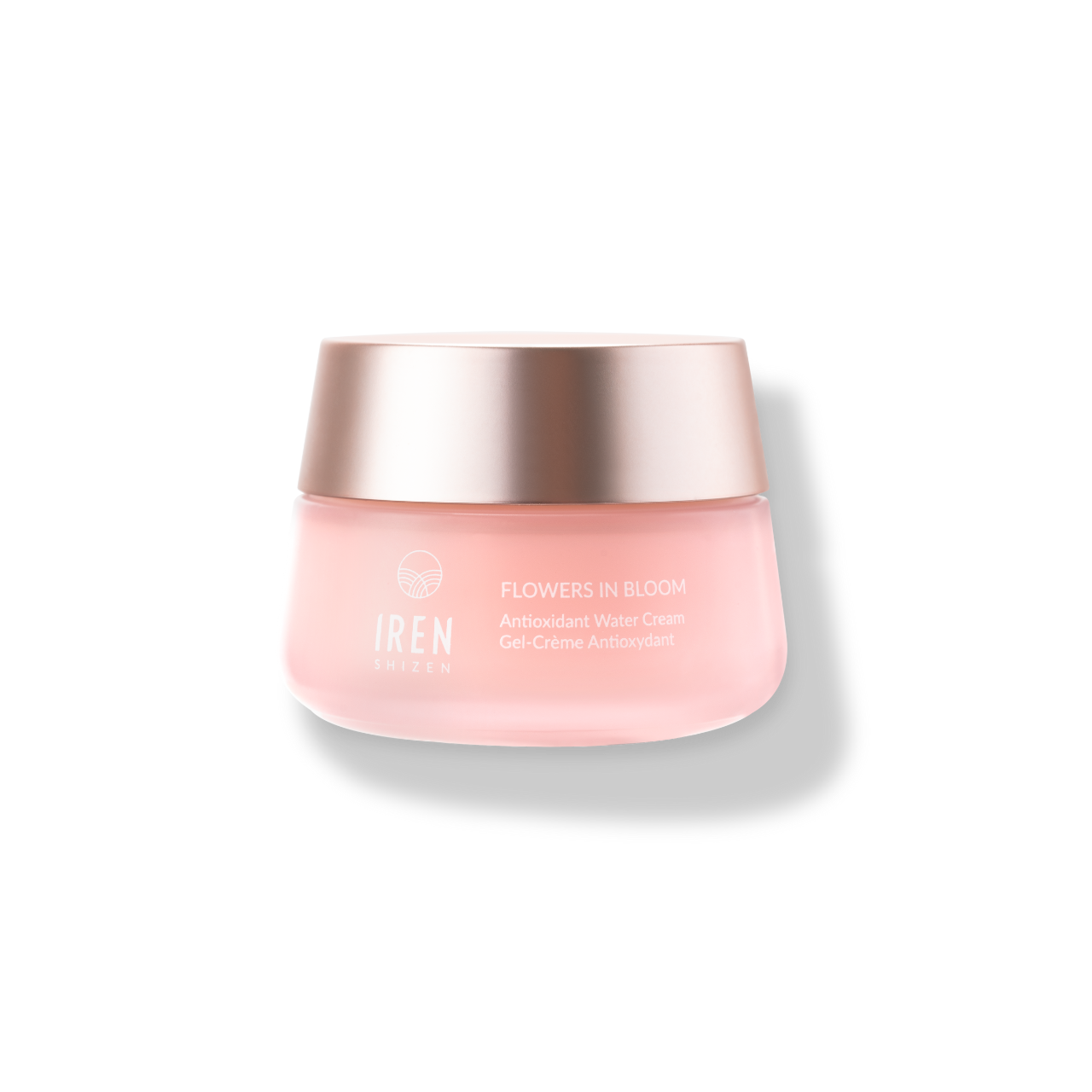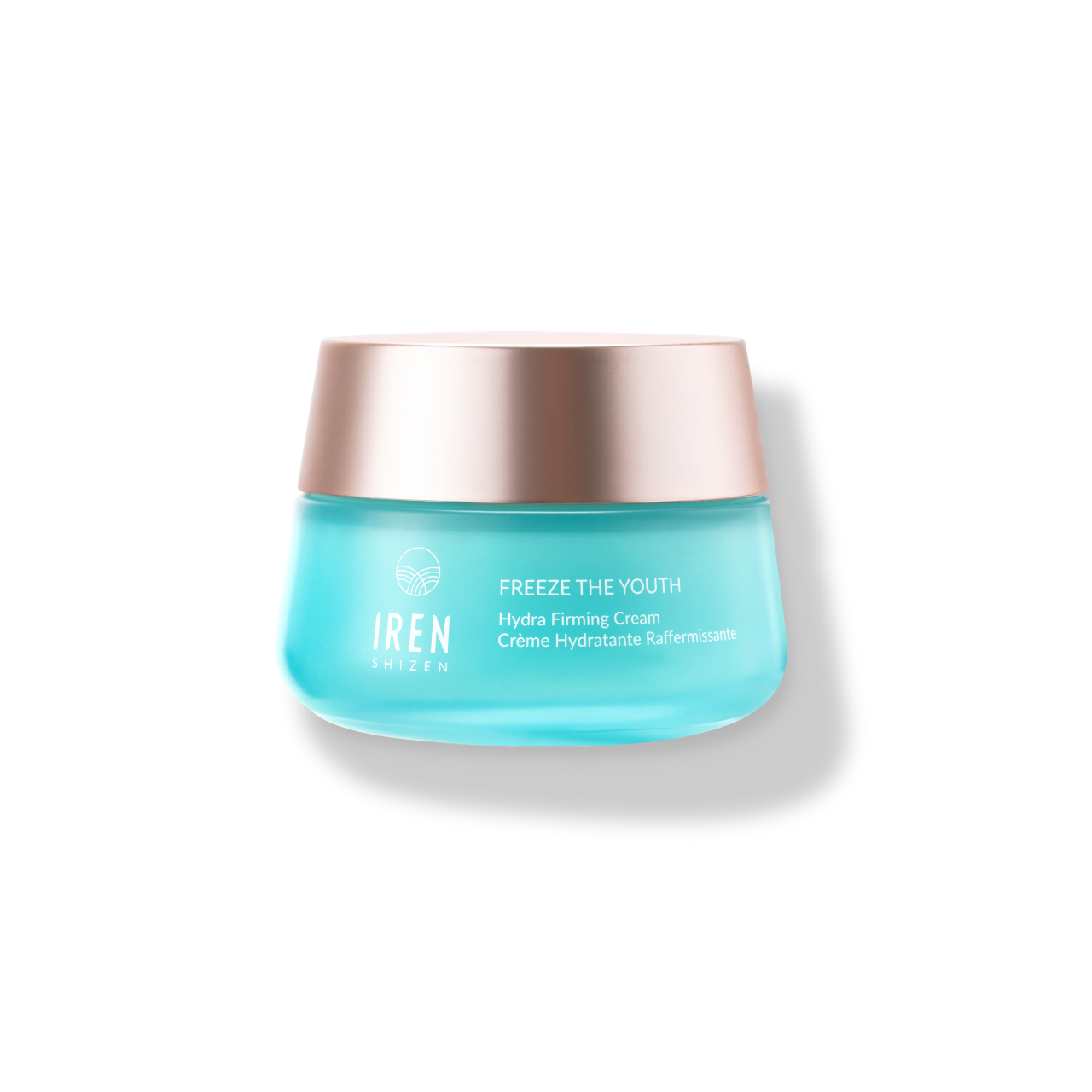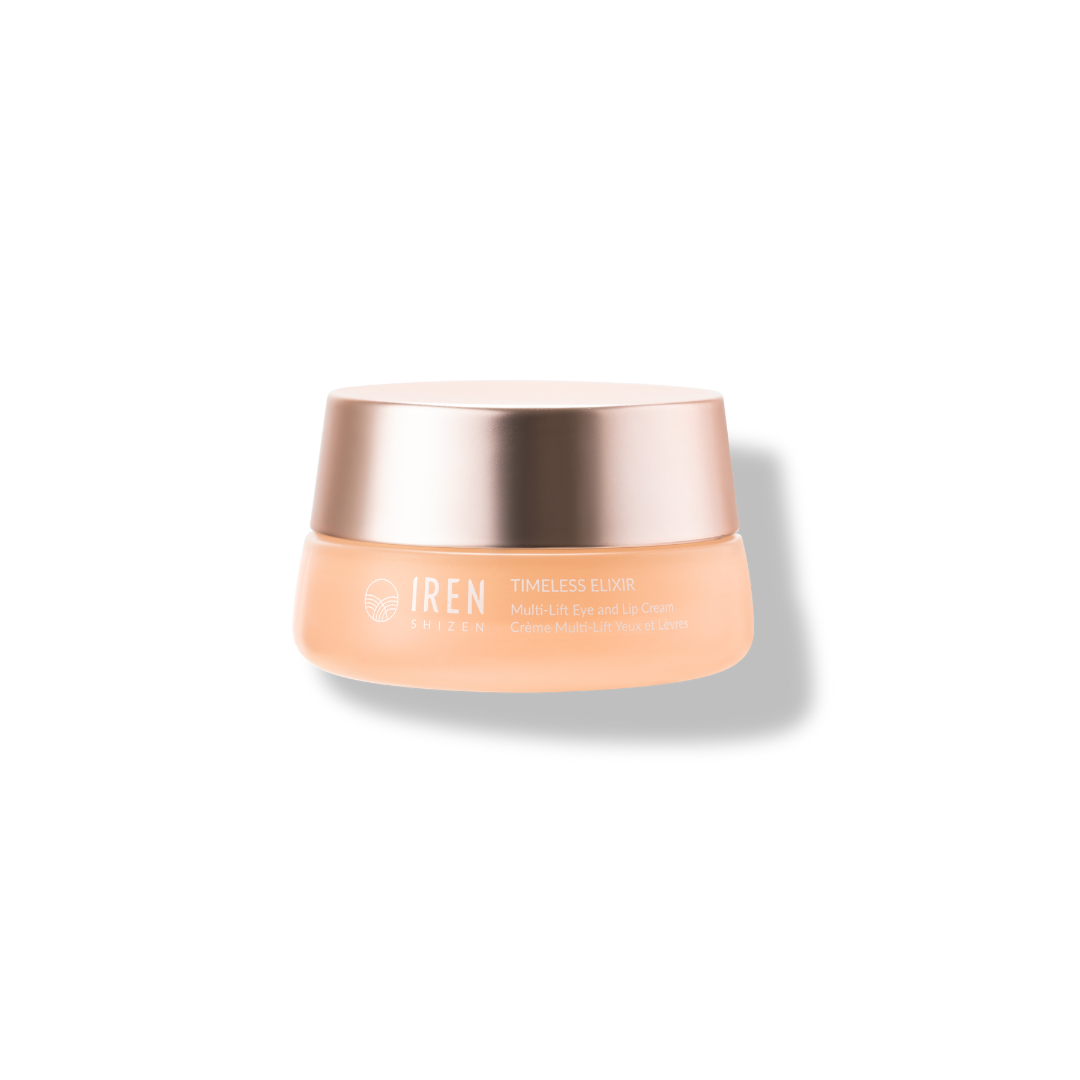HISTORY
In Japan, melons have a rich history intertwined with beauty, health, and cultural traditions. Introduced during the Nara period (710-794 AD) through trade with China, melons quickly became a staple in Japanese skincare due to their hydrating properties. Historically, fruit played a significant role in Japanese gift-giving culture, with samurais offering melons to the Shogun as a sign of loyalty and appreciation in the 14th century. This tradition continues today, with Japanese melons cultivated with great care to achieve perfection in taste and appearance. Throughout Japanese history, especially during the Edo period (1603-1868), melons symbolized opulence, affluence, and prestige, often enjoyed by the nobility and exchanged as tokens of goodwill. Their flawless, spherical form and vivid hues also made them symbols of aesthetic beauty, influencing artistic and literary works in Japanese culture.
SCIENCE
Melon extract is packed with essential nutrients that offer numerous benefits for the skin. Rich in vitamins A, C, and E, it provides powerful antioxidant properties that help protect the skin from oxidative stress caused by free radicals. These antioxidants are essential for reducing the signs of aging, keeping the skin looking youthful and vibrant. Additionally, the high water content in melon extract makes it an excellent hydrating agent, ensuring long-lasting moisture for dry and dehydrated skin types.
Melon extract is renowned for its ability to fight inflammation due to its abundance of bioactive compounds such as antioxidants, vitamins, and polyphenols. It effectively blocks certain enzymes, COX and LOX, that are responsible for inflammation. Furthermore, melon extract targets NF-κB, a protein complex that controls genes related to inflammation. By calming NF-κB, the extract reduces the production of harmful molecules that exacerbate inflammation, providing soothing relief for irritated and red skin.
The antioxidant power of melon extract is significantly enhanced by the presence of superoxide dismutase (SOD), an enzyme crucial for neutralizing harmful free radicals, particularly superoxide radicals. These radicals are known to cause oxidative stress and inflammation, leading to cellular damage. By targeting and neutralizing these free radicals, melon extract offers robust protection against oxidative stress, helping to maintain healthy and resilient skin.
In addition to SOD, melon extract contains other potent antioxidants such as vitamins and polyphenols. These antioxidants work synergistically to combat oxidative stress by neutralizing free radicals and preventing damage to essential cellular components like lipids, proteins, and DNA. This comprehensive antioxidant defense system helps preserve the integrity and function of the skin, contributing to a more youthful and radiant complexion.
Melon extract's benefits go beyond simply scavenging free radicals. It also regulates the activity of antioxidant enzymes and boosts the skin's cellular antioxidant defenses. This dual action not only protects the skin from immediate oxidative damage but also enhances its long-term resilience against environmental stressors.
REFERENCES
- Vouldoukis, I., Lacan, D., Kamate, C., Coste, P., Calenda, A., Mazier, D., Conti, M., & Dugas, B. (2004). Antioxidant and anti-inflammatory properties of a Cucumis melo LC. extract rich in superoxide dismutase activity. Journal of Ethnopharmacology, 94(1), 67-75.
- Décordé, K., Agne, A., Lacan, D., Ramos, J., Fouret, G., Ventura, E., Feillet-Coudray, C., Cristol, J.-P., & Rouanet, J.-M. (2009). Preventive Effect of a Melon Extract Rich in Superoxide Scavenging Activity on Abdominal and Liver Fat and Adipokine Imbalance in High-Fat-Fed Hamsters. Journal of Agricultural and Food Chemistry, 57(14), 6461–6467.
- Bouaziz, A., Djidel, S., Bentaher, A., & Khennouf, S. (2020). Polyphenolic content, Antioxidant and Anti-inflammatory activities of Melon (Cucumis melo L. var. inodorus) Seeds. Journal of Drug Delivery and Therapeutics, 10(2-s), 22-26.









